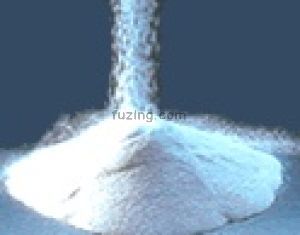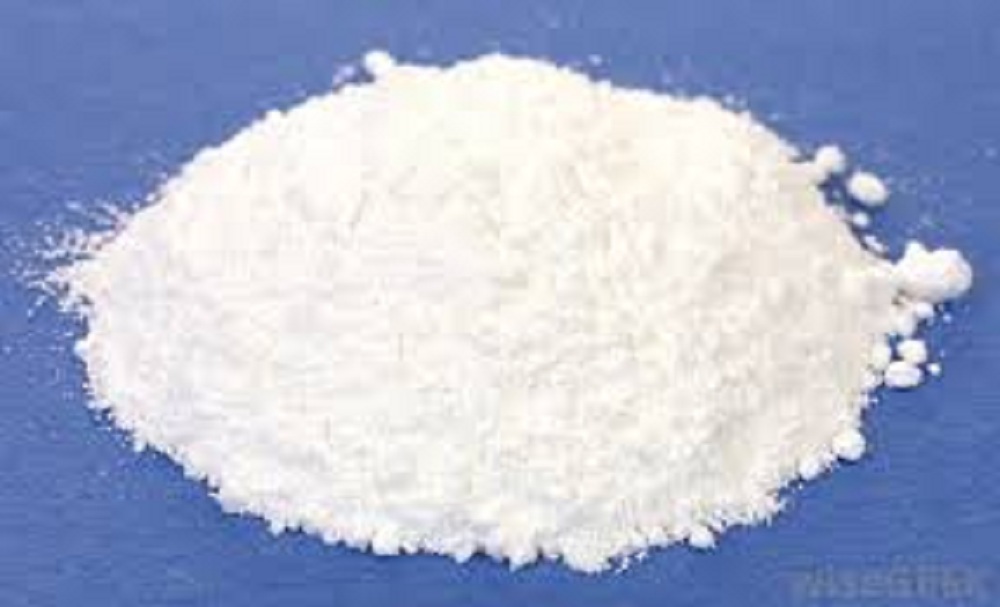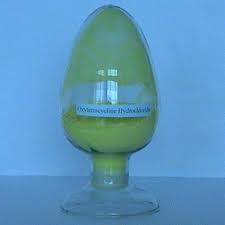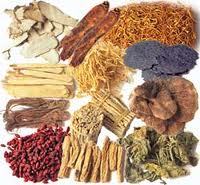Sorbitol Solution
35.0 INR/Kilograms
Product Details:
- Melting Point 95 100 C
- Structural Formula C H O
- Storage Room Temperature
- Boiling point 296 C
- Shelf Life 3 Years
- HS Code 29054400
- Molecular Formula C H O
- Click to View more
X
Sorbitol Solution Price And Quantity
- 25 Kilograms
- 35.0 INR/Kilograms
Sorbitol Solution Product Specifications
- 296 C
- 2-3 mm
- Sorbitol is used to relieve occasional constipation and irregularity. Sorbitol generally produces bowel movement in 1/4 to 1 hour when used rectally. Sorbitol is also used as a pharmaceutical aide (sweetener).
- 99 percent
- Sorbitol
- C H O
- 29054400
- 3 Years
- 95 100 C
- Pharmaceutical Intermediates
- White crystalline powder
- Room Temperature
- C H O
- 50-70-4
- 5.0 -7.0
- 2350 g/L
- 200-061-5
- Powder
- C6H14O6
- 182.17 Grams (g)
- Sweet
- Medicine Grade
Sorbitol Solution Trade Information
- Mumbai port
- Cash Against Delivery (CAD), Cash Advance (CA), Days after Acceptance (DA), Delivery Point (DP), Letter of Credit at Sight (Sight L/C), Telegraphic Transfer (T/T), Letter of Credit (L/C)
- 100 Kilograms Per Day
- 7 Days
- No
- Free samples are available
- drum pack
- Asia, Australia, Central America, North America, South America, Eastern Europe, Western Europe, Middle East, Africa
- WE PROVIDES ALL KIND OF CERTIFICATIONS AS YOU REQUIRED
Product Description
Sugar substitutes such as sorbitol solution are available in the market. Many products, from food to toothpaste, use the sweetener since it is half as sweet as sugar. Both natural and synthetic sorbitol sweeteners exist.
Sorbitol Solution Properties:
- CAS Number: 50-70-4
- Name: D-Glucitol
- Superlist Name: D-Sorbitol
- Formula: C6H14O6
- Molecular Weight: 182.17
- Deleted CAS: 98201-93-5
- EINECS: 200-061-5
- Density: 1.596 g/cm3
- Melting Point: 98-100 C(lit.)
- Boiling Point: 494.9 C at 760 mmHg
- Flash Point: 292.5 C
- Solubility: soluble in water
- Appearance: white crystalline powder
- Risk Codes: 36/37/38
Applications Or where it is used:
Sorbitol is used to prepare synthetic vitamin C. It is also used as a stabilizer in pharmaceuticals. Sorbitol is a common ingredient in the production of non-ionic surfactants used in foods, cosmetics, dyes, and paints.
How to use:
Sorbitol is used for occasional constipation and irregularity. When Sorbitol is taken orally, bowel movements usually occur within 1 to 4 hours. Additionally, sorbitol is used as a sweetener in pharmaceuticals.
Dosage of usage:
- Adult, Oral: 30-150 mL (70% solution) once
- Adult, Rectal enema: 120 mL of 25-30% solution once
- Children under 2 years: Safety and efficacy not established
Side effects:
- Dry mouth
- Excessive bowel activity
- Abdominal discomfort
- Dehydration
- Diarrhea
- Vomiting
- Nausea
In the event that any of these effects continue or worsen, speak with your doctor or pharmacist immediately.
Tell us about your requirement

Price:
Quantity
Select Unit
- 50
- 100
- 200
- 250
- 500
- 1000+
Additional detail
Mobile number
Email








 : nilesh.sheth70
: nilesh.sheth70
